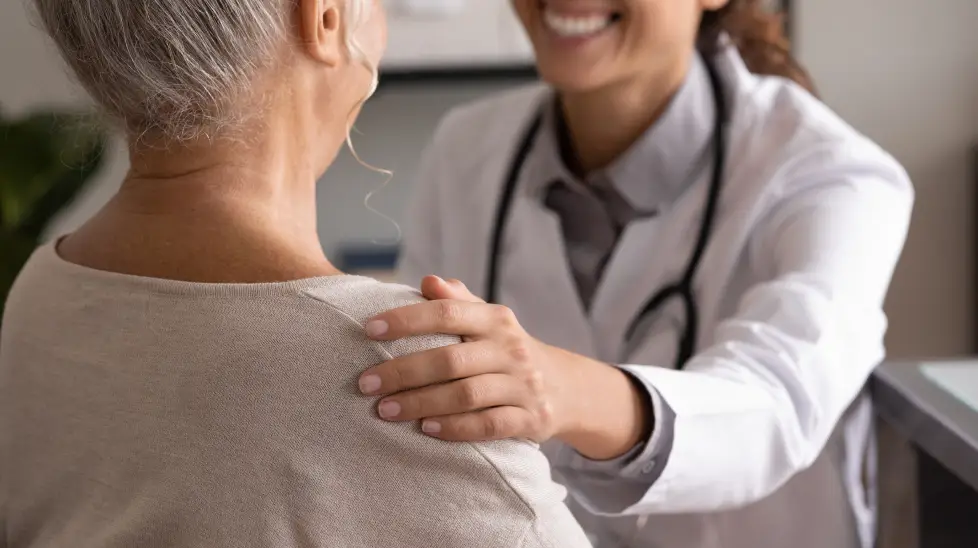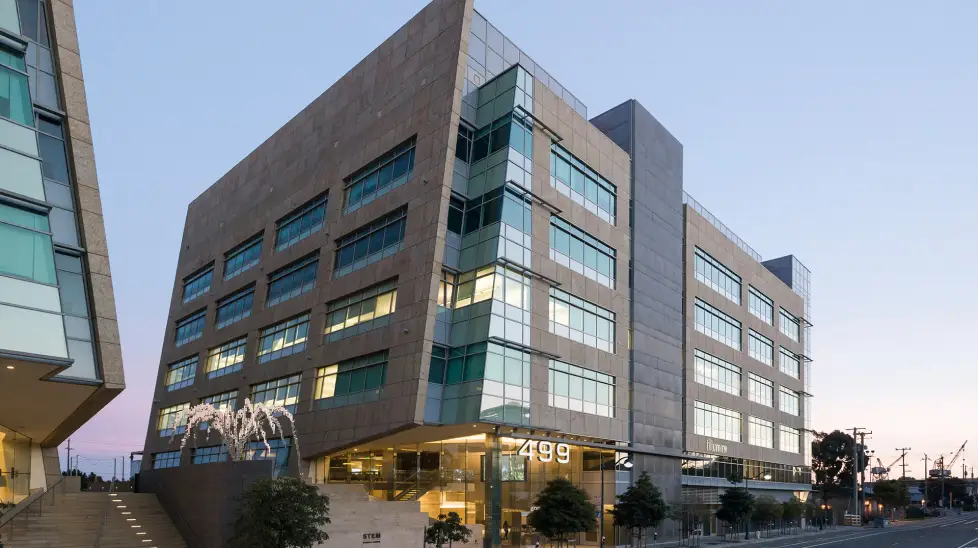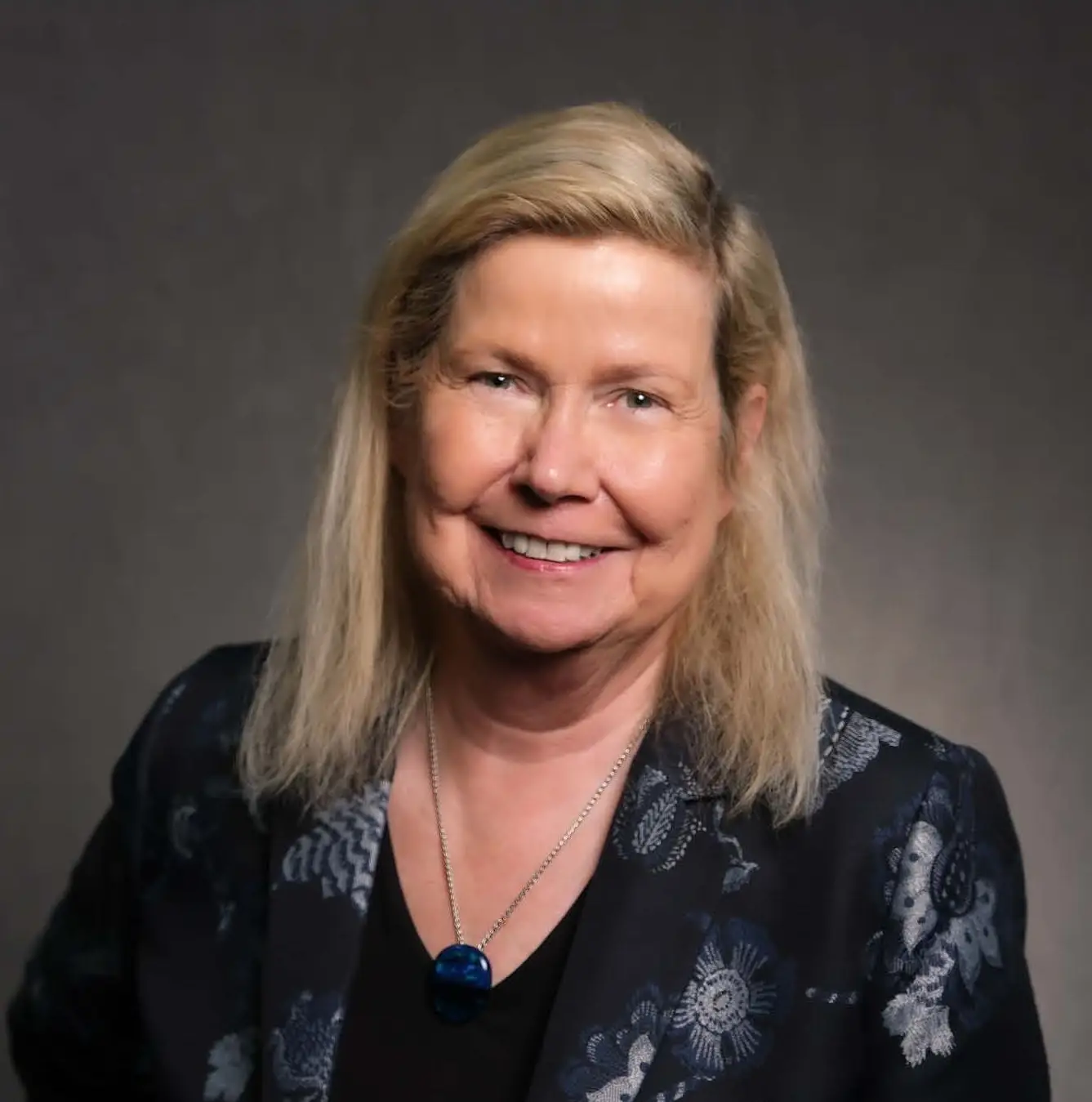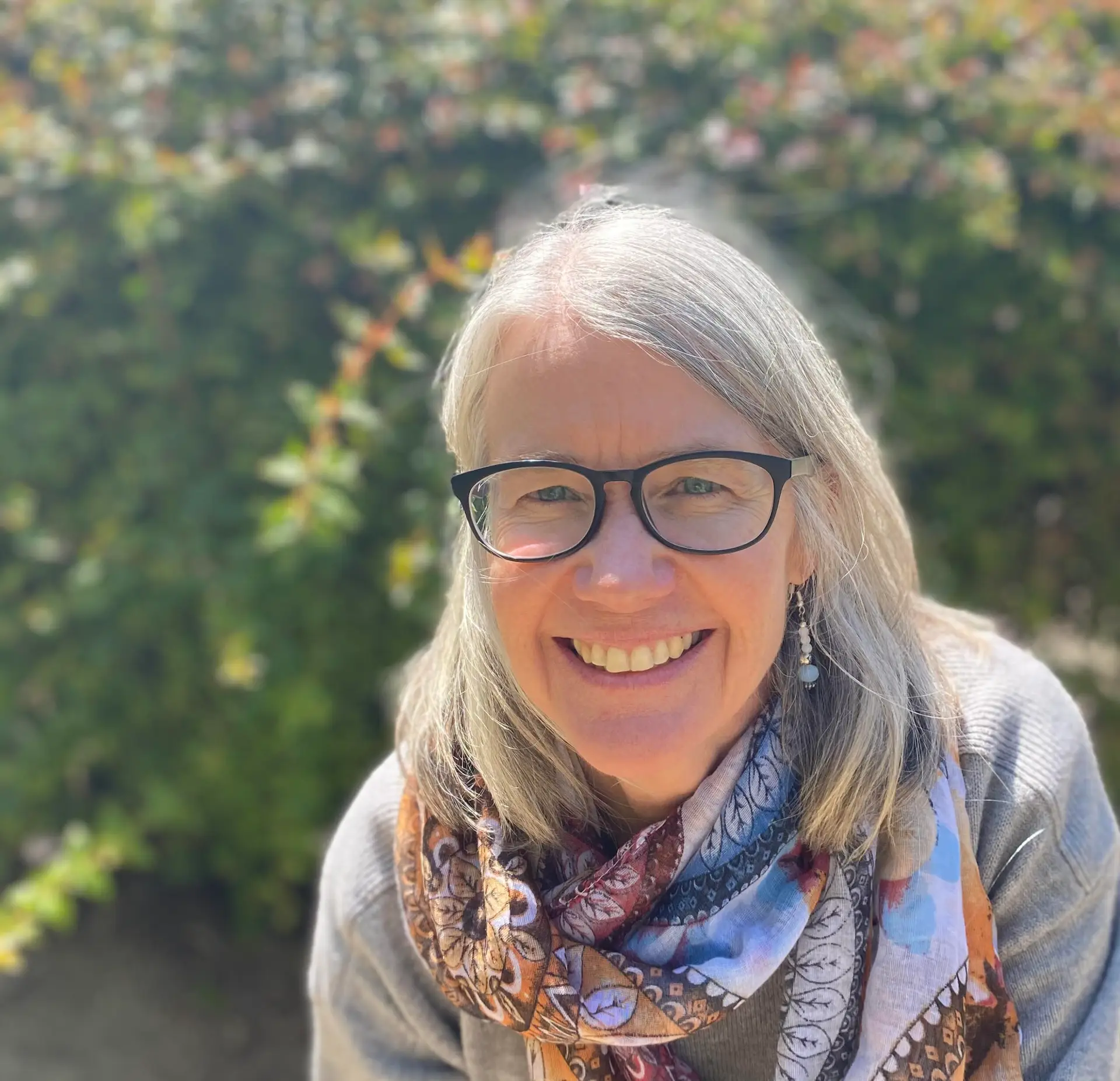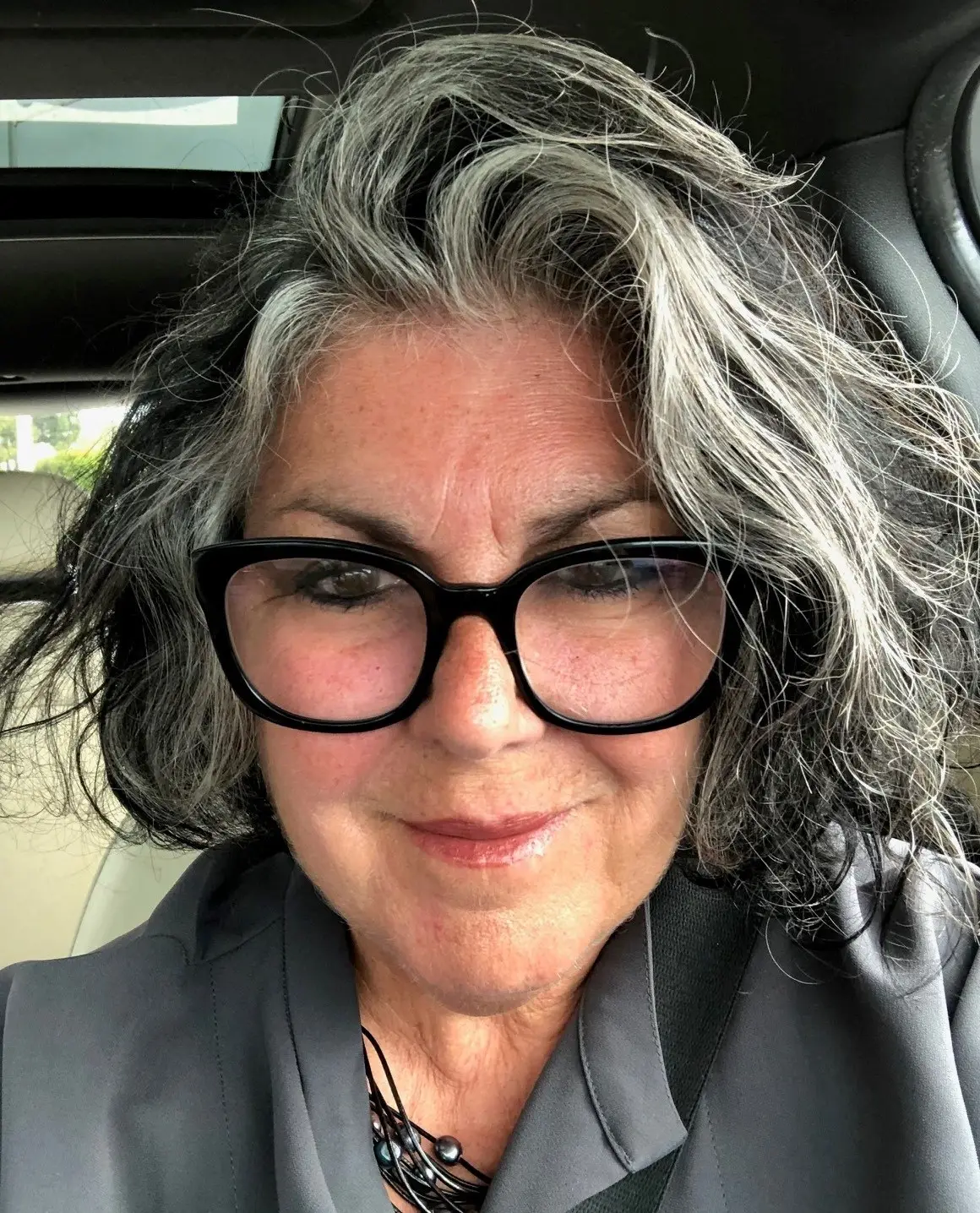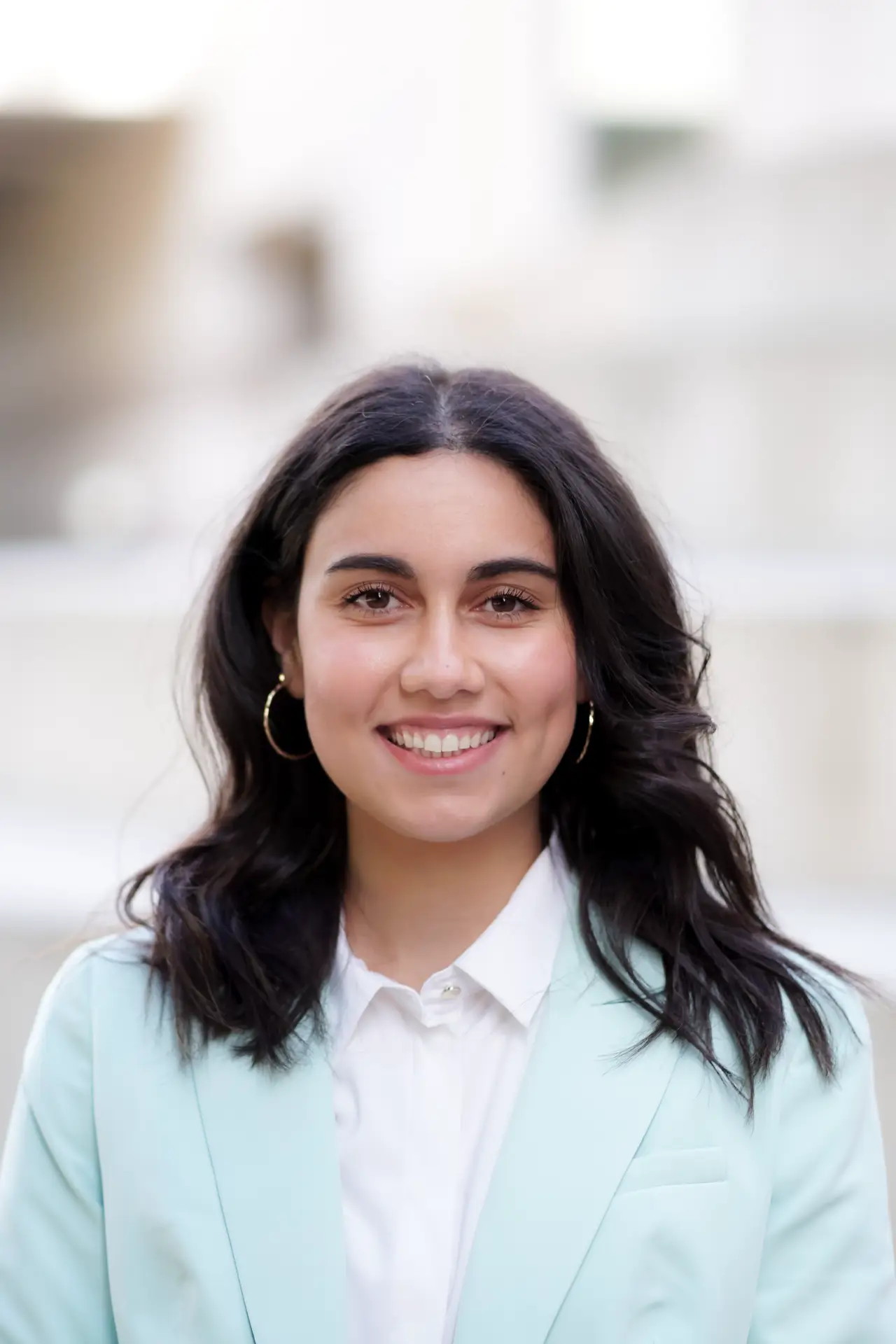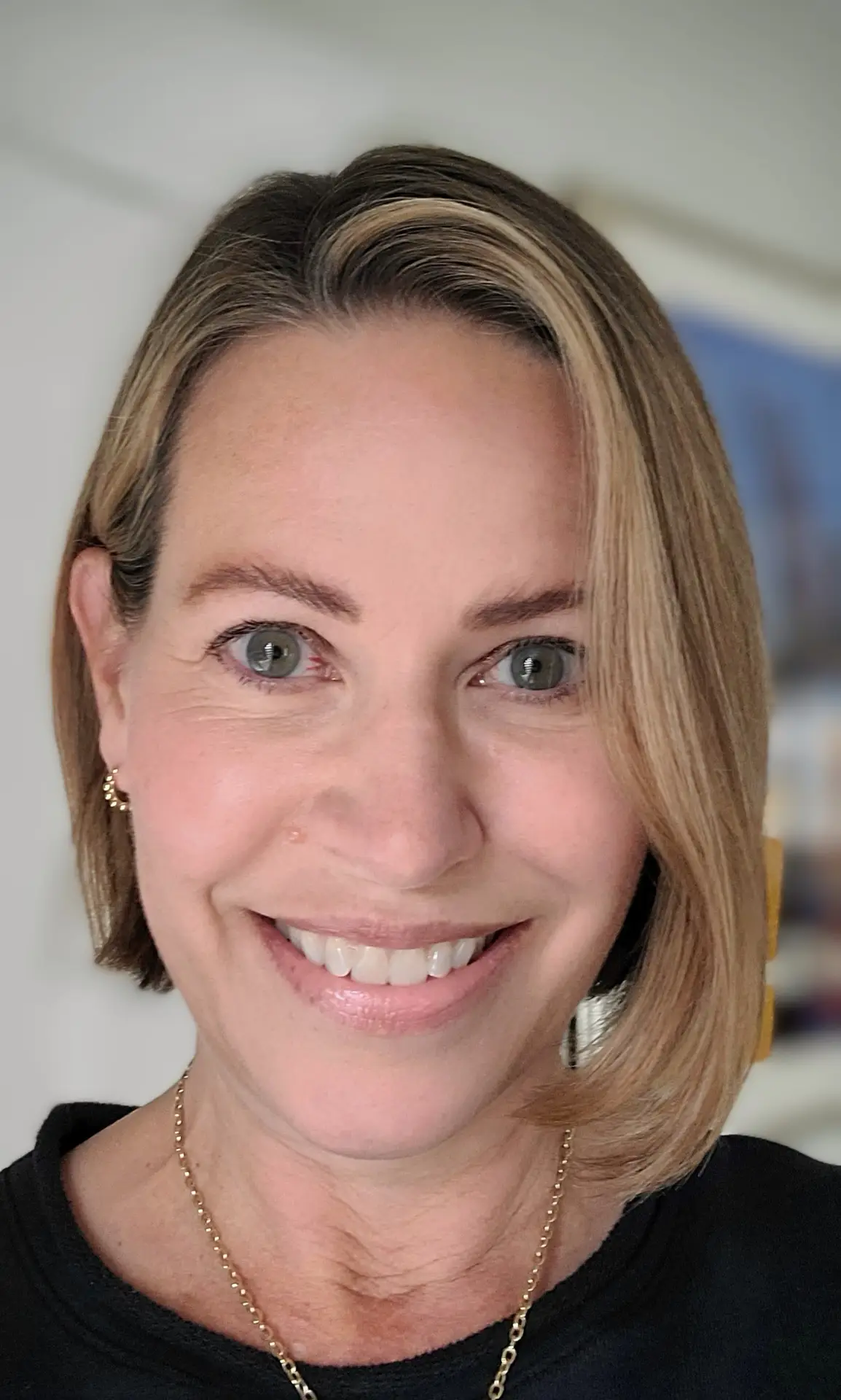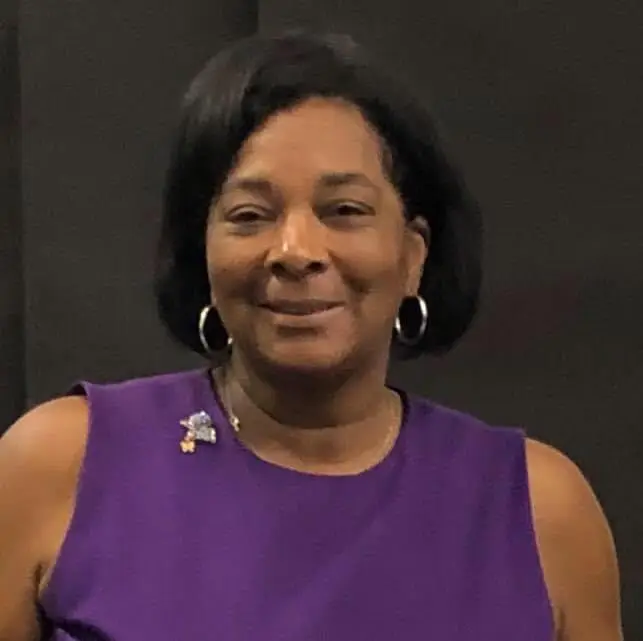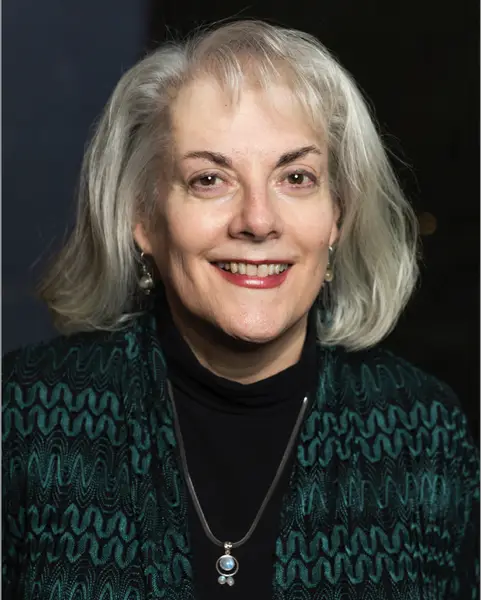SAN FRANCISCO, Sept. 2, 2021 /PRNewswire/ — Quantum Leap Healthcare Collaborative (QLHC), the sponsor of the I-SPY COVID Trial, today announced that the Famotidine Celecoxib arm has been dropped from the trial due to futility, based on the low likelihood of success. The Famotidine Celecoxib combination was chosen for testing because of their anti-histamine and anti-inflammatory mechanism of action.
The I-SPY COVID Trial is a phase II, open label, adaptive platform trial being conducted in critically ill COVID-19 patients who are receiving high-flow oxygen or mechanical ventilation. The trial was designed to rapidly screen agents to find those with the best chance of reducing time to recovery (defined as reduction in oxygen demand) by approximately 50% and reducing risk of death. The I-SPY COVID Trial identified this this combination through a partnership with the Defense Threat Reduction Agency (DTRA). In particular, DTRA was interested in testing repurposed agents with a strong rationale and compelling observational data. The I-SPY COVID Trial included 23 sites at the time of evaluation.
QLHC discontinued testing of famotidine celecoxib agents in the I-SPY COVID Trial because, after only 30 patients enrolled, the agent met the predefined futility criterion, defined as at least 90% probability that the hazard ratio for time to recovery is less than 1.5 compared to the control arm. Importantly, the data from famotidine celecoxib patients were compared to those from 36 patients concurrently randomized to the control, which included backbone therapy (consisting of dexamethasone and remdesivir). Patients assigned to the Famotidine Celecoxib arm received backbone therapy in combination with high dose 80 mg oral famotidine four times daily for seven days, followed by a lower dose 40 mg twice daily for 2 weeks and 400 mg of celecoxib twice daily for seven days. Famotidine was supplied by Johnson & Johnson and celecoxib was supplied by Pfizer. Based on a near final analysis, patients treated with Famotidine and Celecoxib in addition to backbone treatment recovered slower than controls and could have a higher rate of mortality. Given the potential harm to the patients, the Data Monitoring Committee recommended closing the arm earlier than the pre-specified number of enrolled patients required for terminating an arm for futility. The study demonstrates that famotidine and celecoxib should not be given with remdesivir and dexamethasone for the treatment of severe COVID-19 patients. The study did not identify new safety signals for high dose famotidine or celecoxib in the setting of critically ill patients.
Dr. Kashif Khan, an I-SPY COVID Trial co-investigator and chaperone (PI) of the famotidine celecoxib arm, and an Assistant Professor of Anesthesiology at University of Southern California (Los Angeles, California), commented, “The I-SPY COVID Trial demonstrated that, despite the promising mechanism of action and compelling data from observational studies, famotidine and celecoxib together did not improve recovery in patients critically ill with COVID-19.”
“While we were disappointed that celecoxib and famotidine did not succeed in altering the clinical course of patients with severe COVID-19 when added to dexamethasone and remdesivir, we were glad to be able to quickly learn that it was not worth continuing in the trial, to avoid any potential harm and continue to test other agents,” continued Dr. Paul Berger, an assistant professor of medicine at the Sanford Health (Sioux Falls, South Dakota) and co-chaperone of the famotidine/celecoxib arm of the I-SPY COVID Trial.
“We are convinced that platform trials like the one run by the I-SPY COVID Trial team and Quantum Leap Healthcare Collaborative are an important tool allowing for multiple potential treatment combinations to be rapidly tested,” said Dr. Revell Phillips from DTRA. “We are hopeful that some of the drug combinations being tested will prove effective and safe for COVID-19 patients. We appreciate the value created by adaptive platform trials including the one run by the I-SPY network and feel like they serve a critical role in rapidly evaluating treatments that can alter the course of events in critically ill COVID patients.”
This study is a collaboration between members of Quantum Leap, our partners, including Johnson & Johnson and Pfizer, and the United States Government. This work is supported in part, by the Biomedical Advanced Research and Development Authority (BARDA), part of the HHS within the office of the Assistant Secretary for Preparedness and Response, and Joint Program Executive Office, a part of the Department of Defense, are also part of this collaboration under the Medical, Chemical, Biological, Radiological and Nuclear (CBRN) Defense Consortium (MCDC).
About DTRA
The Defense Threat Reduction Agency (DTRA) enables the Department of Defense (DoD), the U.S. Government, and International Partners to counter and deter Weapons of Mass Destruction (WMD) and Emerging Threats.
About Quantum Leap Healthcare Collaborative
Quantum Leap Healthcare Collaborative is a 501C(3) charitable organization established in 2005 as a collaboration between medical researchers at University of California, San Francisco and Silicon Valley entrepreneurs. Our mission is to integrate high-impact research with clinical processes and systems technology, resulting in improved data management and information systems, greater access to clinical trial matching and sponsorship, and greater benefit to providers, patients and researchers. Our goal is to improve and save lives. Quantum Leap provides operational, financial, and regulatory oversight to the I-SPY Trials. For more information, visit www.QuantumLeapHealth.org.
About the I-SPY Trials
The I-SPY Trials were designed to rapidly screen promising experimental treatments and identify those most effective in specific patient subgroups based on molecular characteristics (biomarker signatures). The trial is a unique collaborative effort by a consortium that includes the Food and Drug Administration (FDA), industry, patient advocates, philanthropic sponsors, and clinicians from 20 major U.S. medical research centers. Under the terms of the collaboration agreement, Quantum Leap Healthcare Collaborative is the trial sponsor and manages all study operations. For more information, visit www.ispytrials.org.
SOURCE Quantum Leap Healthcare Collaborative



